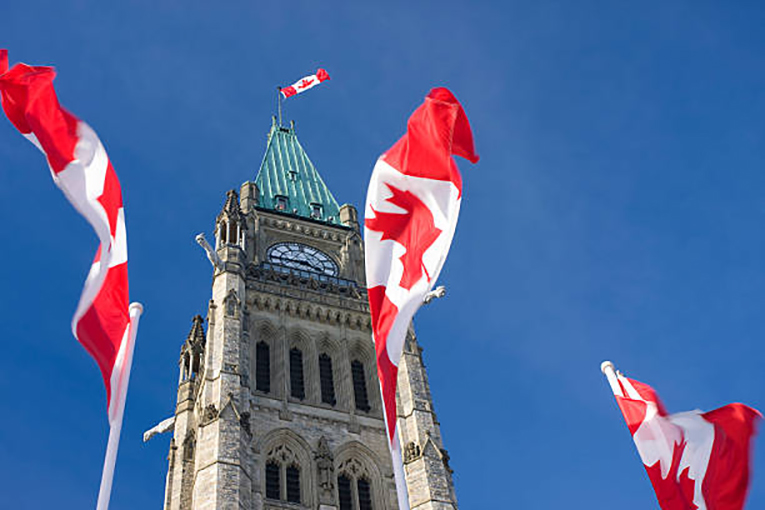Recent concerns raised by Natural Resources Canada (NRCan) have included looking to answer “key questions” about the government’s net-zero emissions goal. For instance, this target includes how Canada’s commitments will affect energy affordability for customers and users.
Read more of our news content, here; Storage Advocacy Network: Next Step in Enhancing the Energy Storage Market in the U.S. – SEIA
Thus, the federal department hopes to gain insight into this and other questions; by beefing up its energy system and economic models. Particularly, the administration is relying on partnering with other government agencies and outside sources. In fact, this partnerships’ move was disclosed on a briefing note prepared for the deputy minister earlier this year.
Natural Resources Canada on the affordability of transitioning
However, questions remain central about the affordability of decarbonizing Canada. For instance, in a recent meeting of the House of Commons environment committee; a senior executive from Canada’s leading oil and gas lobby group said it was essential to put an “economic lens” on the pursuit of net-zero. Moreover, the focus should go on what this pursuit “changes for the affordability of all aspects of the economy,” the executive added.
One strategic example is Ontario, which has sought to highlight the impact of federal climate legislation on prices. Remarkably, a province’s research looks into the effects of making gas stations display the carbon price to its fuel. When in force, stations were forced to add 4.4 cents per liter to the cost of gas; in fact, this law was struck down by the courts last year.
Thus, Natural Resources Canada expects to address the “impacts of various net-zero pathways” on the “oil and gas sector”. Particularly, this comes as part of its work supporting the government-appointed Net-Zero Advisory Body.
In this sense, the advisory body was announced by Environment and Climate Change Canada Minister Jonathan Wilkinson in February. Accordingly, it has the mandate to examine “the most likely pathways” to net-zero.
Worth noting, this body’s terms of reference allow it to request “economic analysis and emissions modeling” from various federal departments.
Decarbonization – pricing, hydrogen solutions, and behavioral changes
Other areas of potential study, according to experts, are related to the plausibility of decarbonization (including reliability and behavioral questions).
Accordingly, the government’s officials Canada’s National Observer expects to support Environment and Climate Change Canada (ECCC)’s own modeling system. In fact, this modeling platform is the Energy, Emissions and Economy Model for Canada, or E3MC. Thus, this modeling software will help the administration improve baseline projections related to the declining costs of renewables.
Similarly, this system could also advise ECCC on potential pathways to transform the petroleum sector. Moreover, Natural Resources Canada could use E3MC to produce “energy supply and demand projections and related greenhouse gas emissions.”
However, the model still does not model “technology innovation” and so does not include “small modular (nuclear) reactors” or “hydrogen.”


